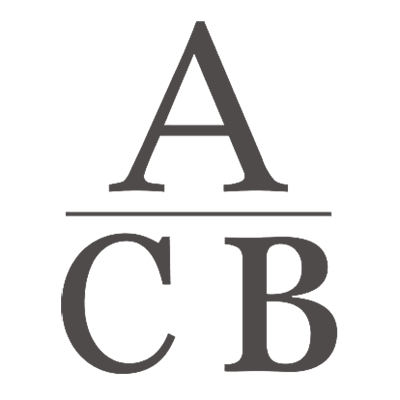New president and priorities of Polish competition authority
The new president of the Office of Competition and Consumer Protection plans to reinforce the regulator’s activity aimed at preventing negative market impacts. His priority will be elimination of harmful practices—not necessarily punishment. Proceedings are to be conducted faster and more efficiently. There will also be many internal changes at UOKiK.

Cooperation between competitors during the crisis
One method companies have of dealing with the crisis is to cooperate with their rivals. But before entering into such cooperation, it is worth examining whether it constitutes a conspiracy subject to sanctions from the national competition authority, the European Commission or other antitrust bodies.

President of UOKiK at war with price-gougers
The president of the Office of Competition and Consumer Protection (UOKiK) has declared war on sellers unfairly raising prices of products during the COVID-19 pandemic. One of the instruments proposed by the regulator in combating this pathology is establishment by the Ministry of Development of maximum prices and margins on products essential from the perspective of consumers’ interests (a change included in the recent amendment to the Anti-Crisis Act). On this occasion it is worth reviewing the authority vested in the president of UOKiK to regulate product prices under current law.

Anti-Crisis Shield and UOKiK proposals for (temporary) tough times
The amendment to the Anti-Crisis Act includes proposals drafted by the Office of Competition and Consumer Protection (UOKiK), intended to increase the financial security of households, ensure access to vital goods and services, and combat price speculation and unjustified increases.

Merger control during the epidemic
In light of the difficulties associated with the coronavirus epidemic, and joining the global trend under the hashtag #flattenthecurve, competition authorities around the world, including Poland, are introducing, more or less officially, extraordinary operating procedures to avoid spreading the coronavirus. This can have a major impact on proceedings before these authorities, including filing and consideration of applications seeking approval of concentrations.

Can a business be a consumer? Yes, from 1 June 2020
From 1 June 2020 the regulations on prohibited contractual provisions (abusive clauses), so far applicable only to consumers, will in certain situations also apply to sole traders. This change will generate many practical problems.

Contractual advantage: Examples of potentially prohibited practices
A new regulation, Art. 385(5) of the Civil Code, enters into force on 1 June 2020. It expands the application of provisions on abusive clauses to cover sole traders. This provision may have repercussions under the Contractual Advantage Act. The competition authority may treat the use of abusive clauses by an entity holding a contractual advantage in contracts with sole traders as abuse of a contractual advantage.

Italian court says Facebook isn’t free
An interesting ruling has been handed down in Italy in a case involving Facebook’s violation of the collective interests of consumers and data protection. The court held, contrary to common opinion and the social media site itself, that Facebook is not free.

Compliance and competition law
A competition compliance programme should protect an undertaking against commission of violations prosecuted by the competition authority. This applies to anticompetitive arrangements between competitors, or between suppliers and distributors, as well as abuse of a dominant position. Such infringements are threatened by punishment of up to 10% of an undertaking’s annual turnover.

Compliance and new regulations on payment gridlock
New regulations on payment gridlock entered into force on 1 January 2020, via an amendment to the Act Combatting Excessive Delays in Commercial Transactions of 8 March 2013, the Civil Procedure Code, and the Unfair Competition Act. How will the new rules affect compliance in companies?

Competition, politics, and double standards
Contemporary competition law is built on two pillars: faith in the liberal market economy and faith in economic analysis. But in many countries in the West, including Poland, this faith is clearly dying. How will competition law look in the third decade of the 21st century, and will the current situation inevitably lead to changes in the principles governing enforcement of competition law?

The principle of proportionality in public procurement
According to Court of Justice of the European Union (CJEU) case law and EC directives, the principle of proportionality and equal treatment must be observed when selecting contractors in public procurement proceedings. Clearly, the Public Procurement Office and National Appeals Chamber have an obligation to evaluate public procurement proceedings in terms of these principles. However, as complaints about breach of competition regulations in tenders are submitted to the president of the Office of Competition and Consumer Protection (UOKiK), it is not clear whether this institution is required to refer to these principles.
